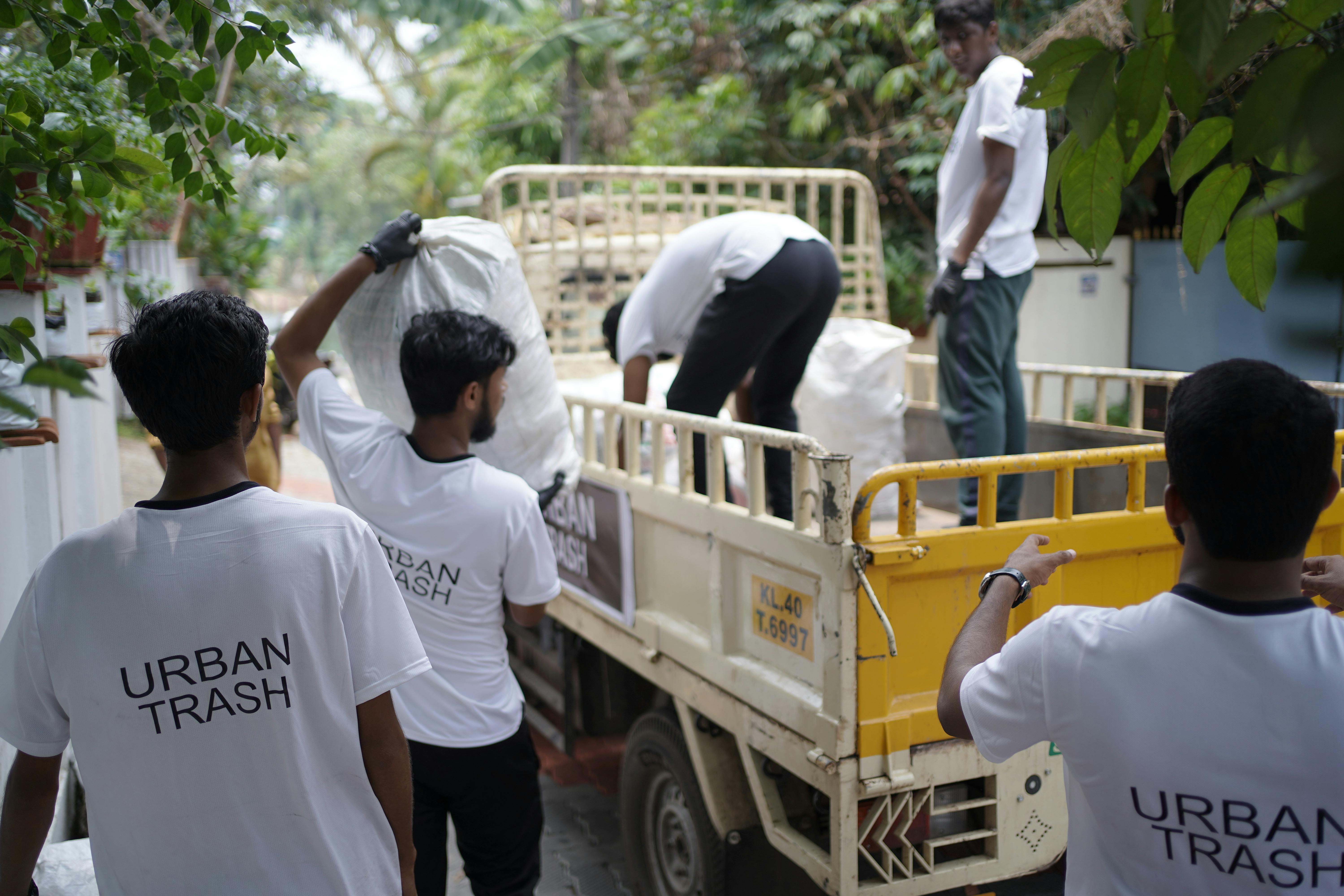 Introduction
Introduction
When it comes to waste management, choosing the best option is an important decision that can have a huge effect on your business. From reducing costs and improving safety to maintaining compliance with regulations, an integrated approach to waste management can help you run a more efficient business. But with so many options available, how do you know which one is right for you? In this blog, we’ll explore the different types of waste management services and offer some tips on how to choose the best one for your needs.
What Is Waste Management?
Waste management is the process of collecting, transporting, treating, and disposing of waste materials. It includes everything from sorting and recycling materials to disposing of hazardous materials. Waste management services range from simple trash collection to complex operations involving specialized equipment and trained personnel.
Types of Waste Management Services
1. Trash Collection
Trash collection is one of the most basic forms of waste management. It involves collecting and disposing of household and commercial waste in accordance with local regulations. Trash collection services are available in both residential and commercial areas.
2. Recycling
Recycling is the process of collecting, sorting, and reusing materials that would otherwise be discarded as waste. This includes paper, plastic, glass, and metal. Recycling reduces the amount of waste sent to landfills, which helps conserve natural resources and reduce pollution.
3. Hazardous Waste Management
Hazardous waste management involves the safe disposal of materials that are potentially dangerous to human health or the environment. This includes chemicals, medical waste, and electronic waste. Specialized equipment and trained personnel are often required for the safe disposal of hazardous materials.
4. Industrial Waste Management
Industrial waste management is the process of collecting, treating, and disposing of industrial waste. This includes everything from manufacturing waste to wastewater. Industrial waste management services often involve the use of specialized equipment and trained personnel.
5. Composting
Composting is the process of breaking down organic material into a soil-like material. This can include food scraps, yard trimmings, and agricultural waste. Composting helps reduce the amount of waste sent to landfills and can be used to improve soil quality.
How to Choose the Best Waste Management Service
When it comes to choosing the best waste management service for your business, there are a few key factors to consider.
1. Cost
The cost of waste management services can vary widely depending on the type and complexity of the project. It’s important to compare prices from different providers to make sure you’re getting the best deal.
2. Safety
Safety should always be a top priority when it comes to waste management. Make sure the provider you choose has a good safety record and follows all applicable regulations.
3. Environment
Some waste management services can have a negative impact on the environment. Make sure to choose a provider that takes steps to reduce its environmental footprint.
4. Experience
Experience is key when it comes to waste management services. Make sure to choose a provider that has a proven track record of success.
5. Compliance
Make sure the provider you choose is in compliance with all applicable regulations. This will help ensure your business is operating safely and efficiently.
Conclusion
Choosing the best waste management service for your business can be a complex process. It’s important to take the time to do your research and compare different providers to make sure you’re getting the best deal. From cost and safety to experience and compliance, there are a number of factors to consider when making your decision. Hopefully this blog has given you some tips on how to choose the best waste management service for your needs.
